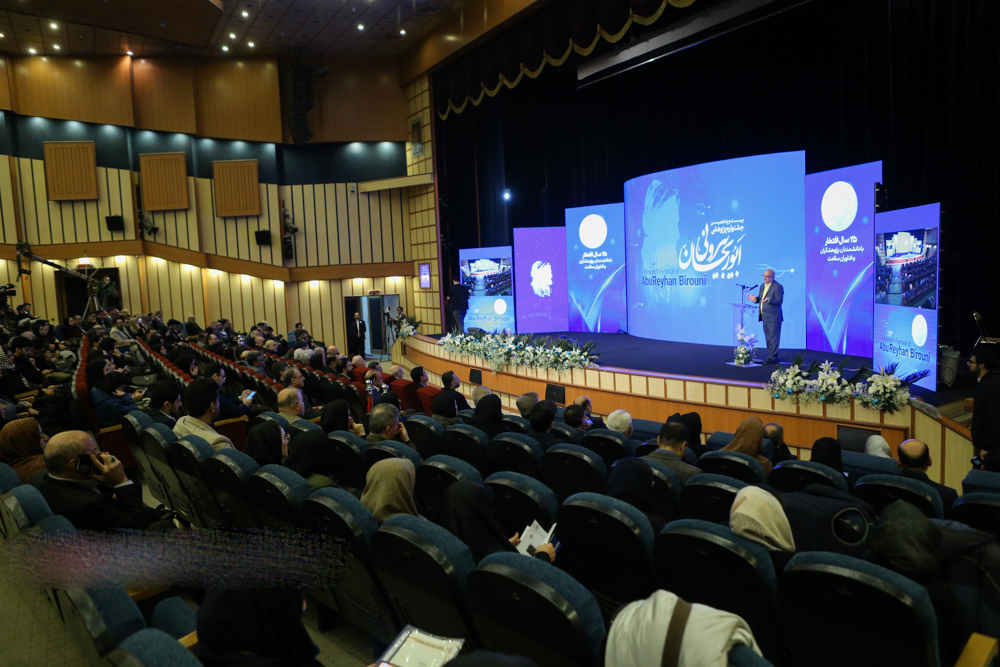In the 25th Aburihan Research Congress, “Alireza Zali”, Dean of Beheshti University Faculty of Medicine, investigated the importance and effects of artificial intelligence in the health system. Referring to the significant progress in this field, he outlined the position of Iran in the field of research and health technology.
artificial intelligence; From predicting diseases to personalized treatments
Dr. Zali first mentioned the global achievements of artificial intelligence in the field of health. He mentioned technologies such as wearable gadgets that have the ability to predict cardiac arrhythmia (AF) and systems such as IDx that have been revolutionary in diagnosing diabetes. According to him, these technologies represent a revolution in the diagnosis and treatment of diseases and push traditional medicine in a new direction.
He added: “Artificial intelligence not only helps to diagnose diseases, but in areas such as the treatment of skin diseases, it has shown a performance even beyond human capabilities. These tools have opened new horizons in medicine as intelligent assistants.
infrastructures; Prerequisite for technology development
According to Zali, achieving these advances requires a strong research infrastructure. He announced: “The Ministry of Health has taken great steps in this field by creating 35 new research positions and recruiting 300 specialists.”
Zali also pointed to projects that have created new hopes for the treatment of chronic diseases by combining neuroscience and artificial intelligence.
He explained: “In order to improve the health of society and stabilize Iran’s position in the region, it is necessary to use new technologies such as neuroscience. “These technologies can provide cures for incurable diseases.”
From artificial intelligence to genetics; A new future
The head of the Faculty of Medicine of Shahid Beheshti University also addressed the applications of artificial intelligence in the field of genetics and personalized medicine. Referring to research related to small RNA (miRNA), he said: “This research shows how to design unique and effective treatments by analyzing genetic data. This approach leads to a medicine that provides a specific treatment for each patient.”
Zali further added: “Global developments in this field have also been impressive. For example, recent Nobel Prizes have been dedicated to research based on machine learning and neural networks. These achievements show that the future of medicine depends on the use of advanced technologies.”
Moving towards scientific authority
Emphasizing the necessity of investing in research and technology, Zali stated that progress in the field of artificial intelligence requires careful planning, international cooperation and the training of specialized human resources. He said: “We should use this golden opportunity to promote Iran’s position in the international arena and use these technologies to improve people’s quality of life.”
In the end, he noted: “We have a bright future ahead of us; A future where new technologies not only improve people’s lives, but also open new horizons for science and knowledge.”
RCO NEWS

















